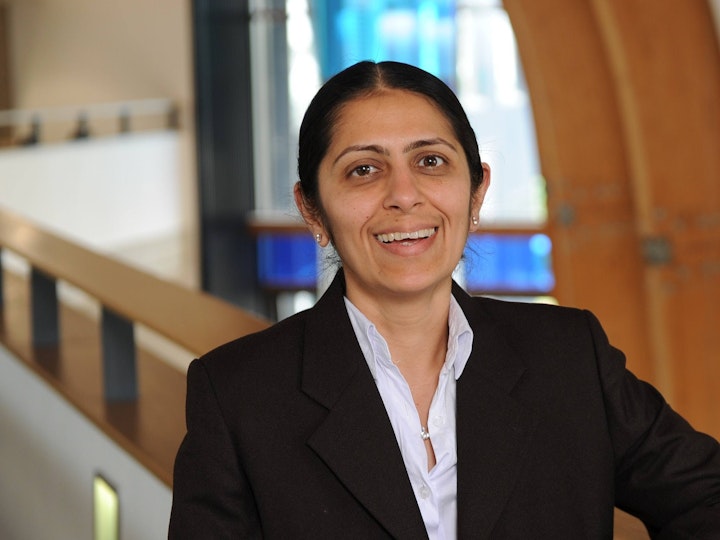IRC Seminar: Digital Ethical Issues a Fad or Fact?
Time: 12:30-13:30
Lunch: 12:00
Location: LG01, Henley Business School, Whiteknights
Registration: Free
Presenter: Dr. Mona Ashok - Lecturer in Operations Management at Henley Business School
Bio:
Mona Ashok’s experience in Higher Education ranges from teaching undergraduate and masters level modules, marking assignments and examination papers, and supervising masters and doctoral programme members. Mona has extensive industry experience, having worked for global IT and BPO organisations, an Accounting firm, and a Business School, covering a wide spectrum of customers. Her professional and academic projects cover topics such as: process improvement, programme management, research methodology, accounting, financial, functional, managerial and consulting. Mona has lived and worked in India, UK and the USA. She holds Certified Software Quality Assurance (2002), is a certified Six Sigma Black Belt (2002), and is trained in Change Acceleration Process (CAP) methods. Mona Ashok is a member of the Institute of Chartered Accountants of India.
Abstract:
Purpose:
Digital technological advancement, affordability, reliability, access and mass adoption has triggered a social change. Today, digital penetration is a fact of life: over two in every three people (world’s population) are mobile users, just under six in every ten people are internet users, and nine in every twenty people are active social media users. Thus, organisations are embarking on the digital transformation journey and exploiting new (digital) revenue streams, as enabled by digital technological capabilities, novel digital business models, and value propositions. Digital transformation has the potential (as evident from past and current data) to significantly enhance human enhancement.
However, digital transformation and globalisation have given rise to unique ethical issues. This synthesis of literature paper looks at the ethical issues arising due to digital transformation like: Artificial intelligence (Al) and cognitive technologies, Cloud computing, Internet of things (loT), Blockchain, Robotic Process Automation (RPA), Additive manufacturing (3D-4D printing), Drones/unmanned aerial vehicle (UAVs), Driverless/ Autonomous vehicles, Social media. Digital ethics challenge social norms and must be addressed collaboratively by the actors in the digital era, such as users, practitioners, organisations, industry, policy makers, and governing bodies. In the absence of comprehensive rules and regulations, individual actor’s behaviour, in digital interactions, is governed by their own values and principles. However individual actor’s values and principles might be conflicting to those of other actors.
Initial Findings:
Digital ethical research is multidisciplinary, and ethical problems are omnipresent and complex; thus, ethical issues cannot be disregarded as insignificant (business) challenges. Recent examples of digital ethical issues include: Facebook Cambridge Analytics scandal, hackers influencing the Brexit campaign, US elections, and Catalonia crisis, spread of fake news on social media led to lynching in India, British Airlines customer data breach, Sensitive data leak about German politicians, a fatal crash by an Uber autonomous car in Arizona, rogue drones leading to a shutdown of the Gatwick airport, three of the latest gender-recognition AIs had increased risks of false identification in women and minorities (MIT academic research), Google’s online advertising system showed high-income jobs to women far less frequently as compared to men (Carnegie Mellon University academic research), collateral damage due to actions of military robots/drones, the use of crytocurrency by cybercriminals and money launders…the list goes on.
Originality/Value:
Academic and practitioner literature on digital ethical issues is disparate and this paper builds on research gaps and industry issues. It consolidates a list of digital ethical issues.

| Event information | |
|---|---|
| Date | 26 February 2020 |
| Time | 12:30-13:30 (Timezone: Europe/London) |
| Venue | Henley Business School, Whiteknights Campus |